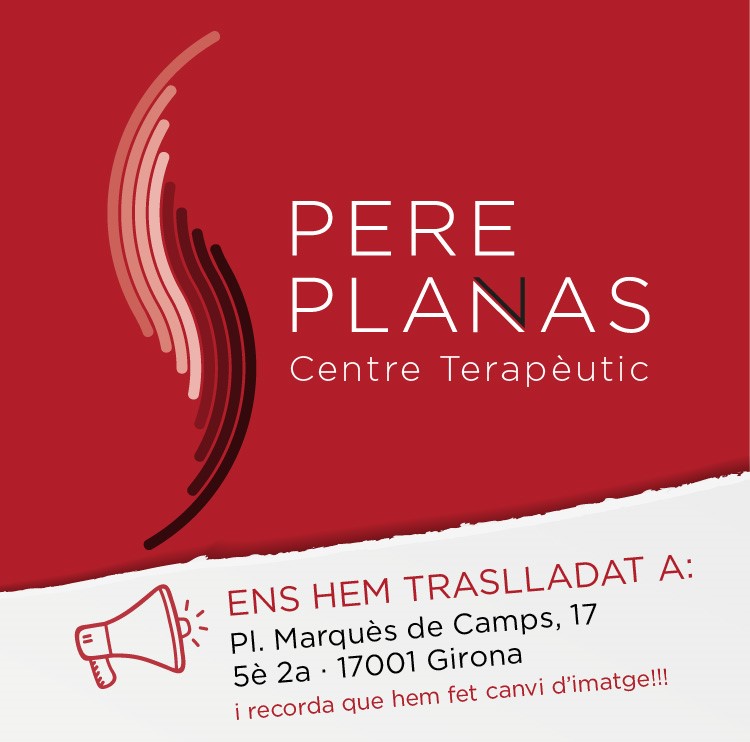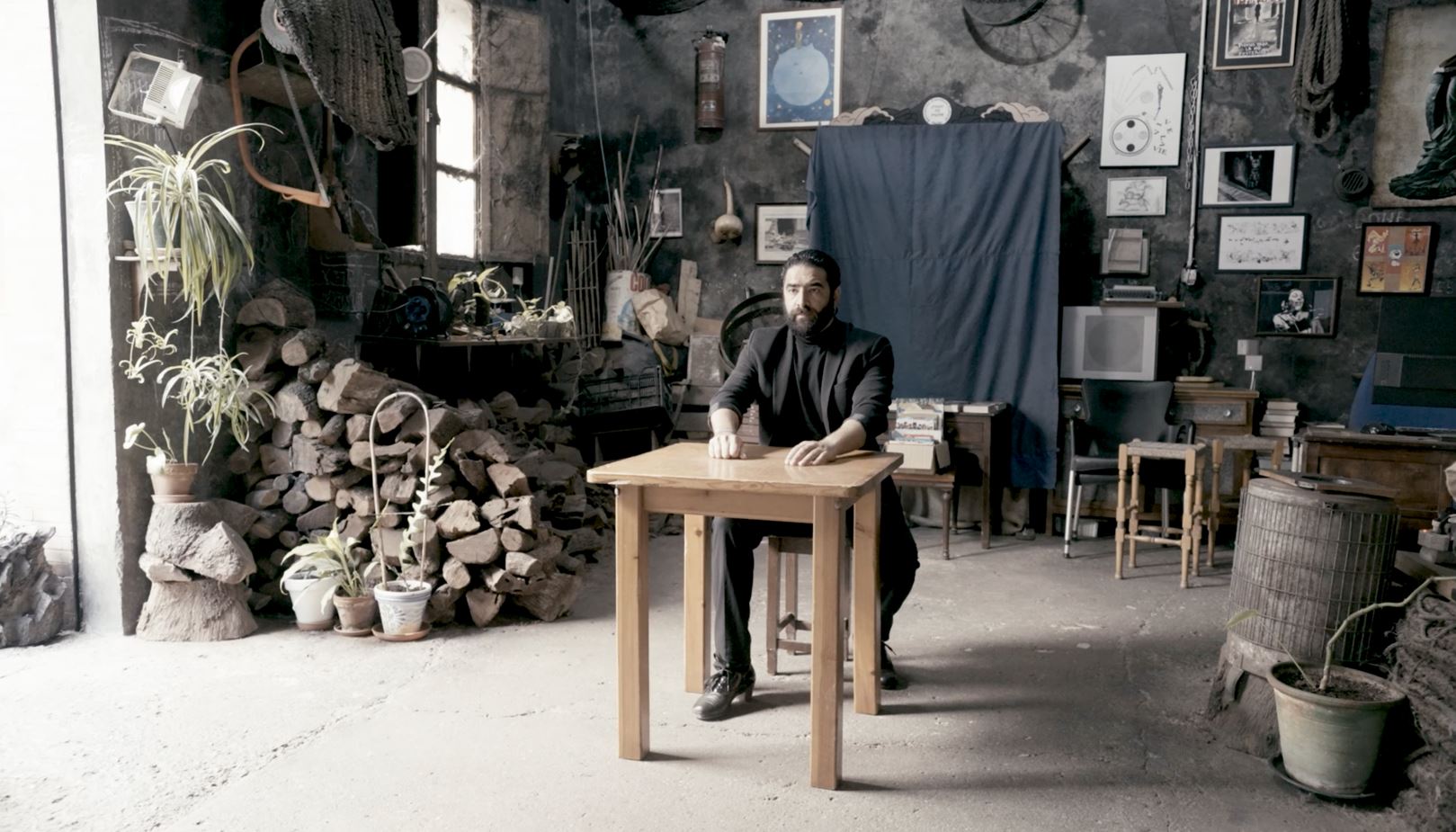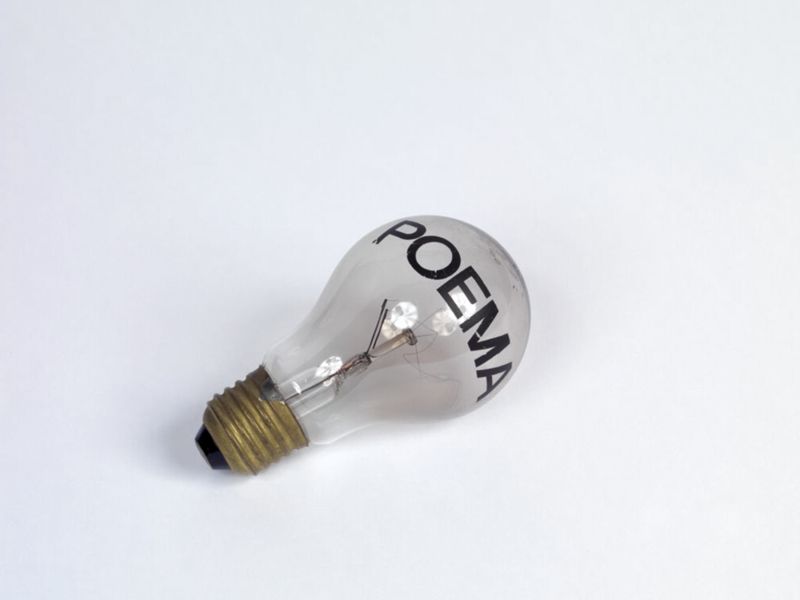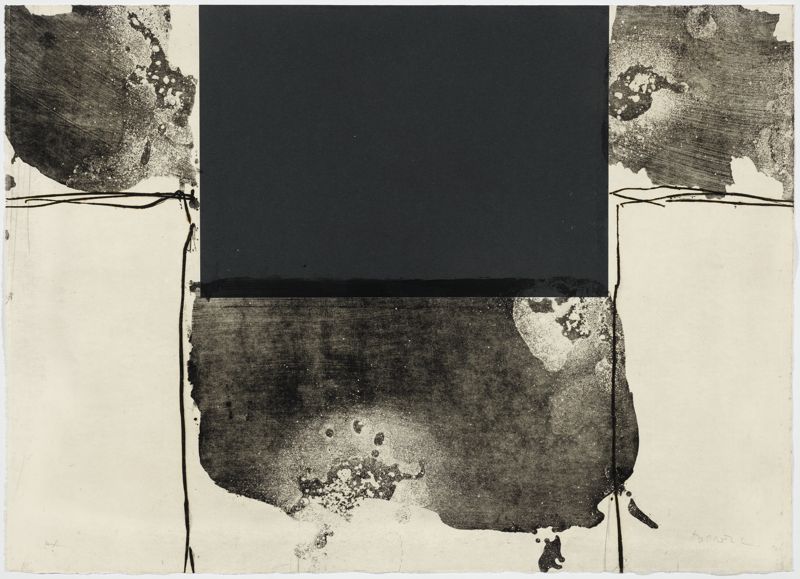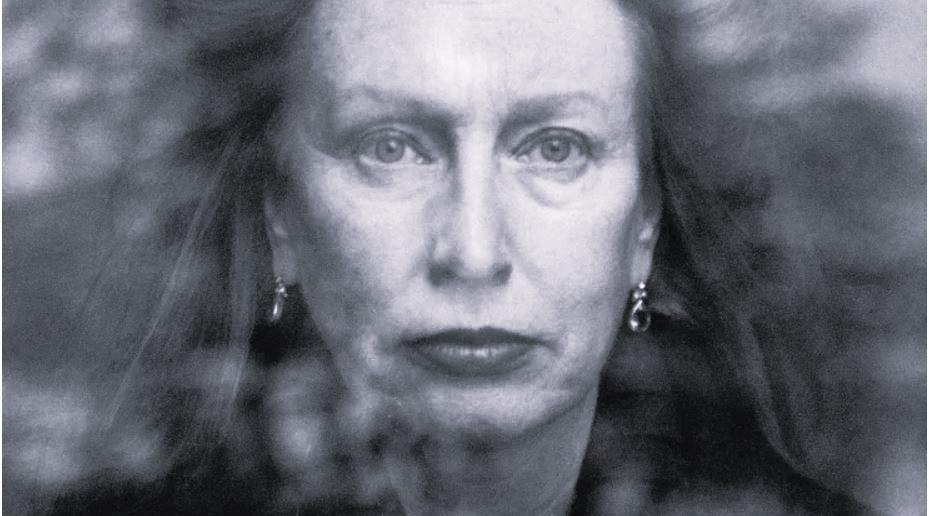News
The Reina Sofía Museum is betting on female talent in the new season
The 2024-2025 program stands out for the prominence of women artists and a commitment to the critical review of the history of art and society.
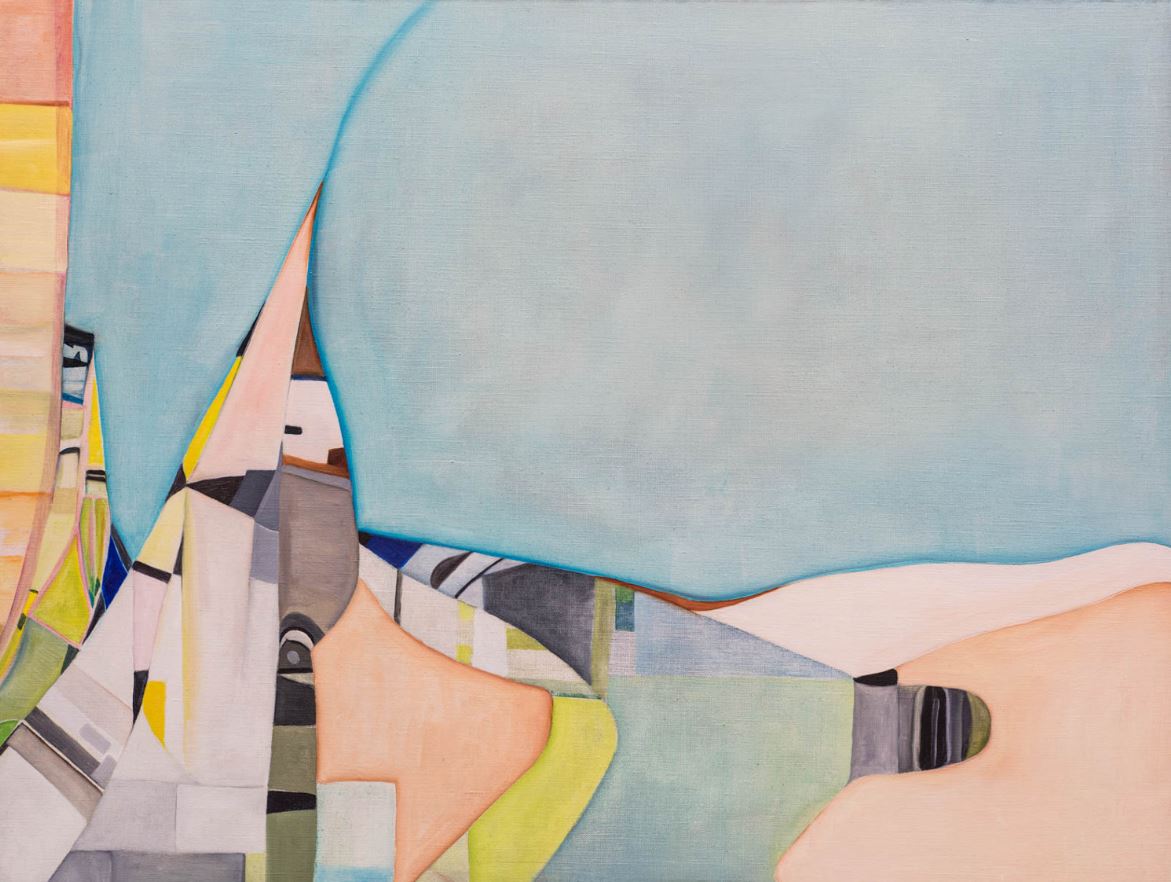
With the new season, the Reina Sofía Museum opens its doors as a space of revelation and rediscovery. The voices of female artists will resonate strongly, occupying more than half of the monographic exhibitions, while the performance intertwined with the exploration of the body will unfold as a dialogue between movement and art. The aesthetic contributions of Spain at the beginning of the 20th century will also find their place, inviting you to review key moments of Spanish art, artistic currents and figures that marked an era.
At the same time, the new director, Manuel Segade, is preparing a progressive reorganization of the permanent collection. With a focus on the geometric sculpture of the 60s and 70s, the new works will be presented on the terraces of the Nouvel building. Segade has highlighted that currently only 5% of the 25,000 pieces in the museum's collection are on display, and has expressed his desire to increase the visibility of this rich artistic heritage.
The first exhibition of the season, 'Soledad Sevilla. Ritmos, tramas, variables' , opens on September 25 and will be an ambitious retrospective dedicated to this renowned creator, winner of the Velázquez Prize 2020. Curated by Isabel Tejeda Martín, the exhibition brings together a hundred works that cover the entire his artistic career, from his beginnings to the most recent creations, some of them unpublished. Sevilla's work is characterized by the use of geometric shapes, with a language that is based on the simplicity of line and color.
The second exhibition, 'Esperpento. Arte popular y revolución estética' , which opens on October 9, reflects on the concept of the esperpent formulated by Valle-Inclán at the beginning of the 20th century as a critical tool of reality and, above all, as a response to the moral decay and the backwardness of Spain. The term became a way of confronting the social, political and cultural limitations of the country. This exhibition will include paintings and audiovisual works covering a wide period, from the 19th century to the present, with the participation of Spanish artists such as Eugenio Lucas and José Guillermo Solana, as well as international figures such as José Clemente Orozco and Umberto Boccioni.
'En el aire conmovido...' , co-organized by the Reina Sofía Museum and the Center for Contemporary Culture of Barcelona (CCCB) and curated by the French thinker Georges Didi-Huberman, opens later. Inspired by Federico García Lorca's Romancero gitano, this exhibition explores a political anthropology of emotion from a poetic perspective. The title refers to overflowing emotion, not limited to a single subject, and connects to the Lorquian idea of the "goblin".
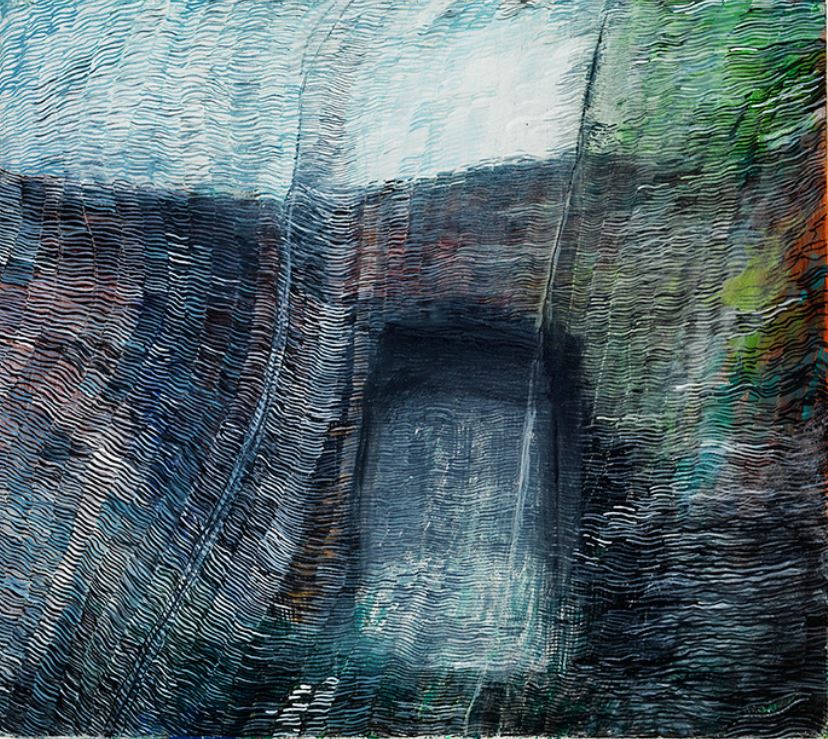
On November 20, 'Opera to a Black Venus' opens. What would the bottom of the ocean tell us tomorrow if it were emptied of water today?' , by the Portuguese artist of African descent Grada Kilomba. The exhibition brings together several installations in which Kilomba links the African ritual world with the great Western dramatic myths. His work exposes the micro-racisms present in Europe, especially in relation to the prejudices linked to the slave plantations of the 19th century. Through storytelling, the artist builds a poetic imagination where art becomes a tool of resistance.
The first major European retrospective of the Lebanese artist Huguette Caland will open on February 19, 2025. The exhibition will include around 200 works, including paintings, textiles and collages, which address the major migratory problems of the 20th century. Caland, who emigrated to Paris and later to Los Angeles, constantly challenged the aesthetic, social and sexual conventions of his time. The exhibition will reveal not only the stylistic evolution of his work, but also his use of colors, shapes, lines, repetitions, as well as the words and letters that permeate his work.
On February 26, 2025, it will be the turn of 'Hello Everyone' by Laia Estruch, a Catalan artist specializing in performance. Estruch explores the human voice as a material element, using the vocal cords to generate a sound language beyond simple interpretation. He often creates interactive and monumental sculptural settings for his vocal projects, combining acrobatics and gymnastics to produce sounds and experiment with new forms of expression.
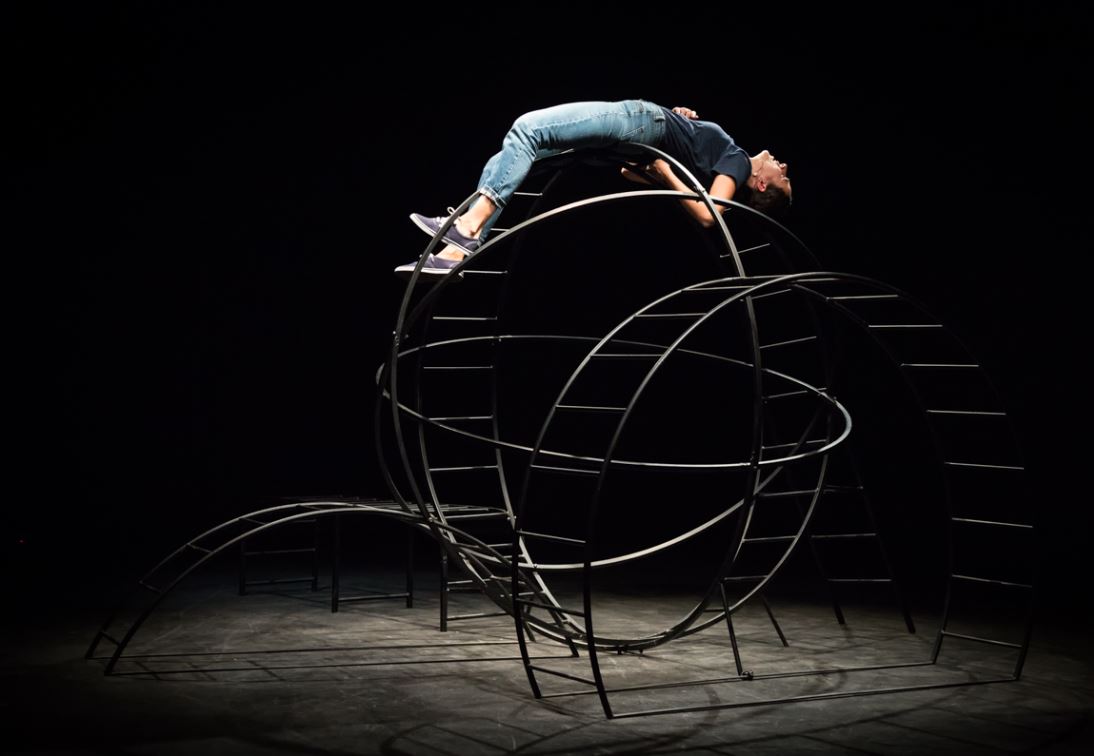
The exhibition 'Néstor reencontrado' , dedicated to Néstor Martín-Fernández de la Torre, will be inaugurated on May 7, 2025. This versatile artist worked in disciplines such as painting, muralism and theater scenography. His work, marked by modernism, decadence and symbolism, shows a fascination with androgynous bodies, with a sensuality and homoeroticism that challenged the moral standards of the time. Nestor is an essential figure of the turn of the century in Spanish art, a period that the museum will explore in its future reorganization.
The last women's retrospective of the season will be that of Marisa González, curated by Violeta Janeiro. This exhibition will review the trajectory of the Bilbao artist, a pioneer in experimenting with new technologies of communication and image reproduction in the 70s. González is considered a key figure in Spanish art and one of the first feminists of the 60s His work explores the relationship between waste, scraps and the combination of originals and reproductions, recurring themes in his practice.
The season will conclude with a retrospective of the Guatemalan artist Naufus Ramírez-Figueroa . His work combines sculptural objects, performances and sound and video recordings, creating a plastic narrative that links history and autobiography. Inspired by the tradition of the native peoples of Latin America and political activism in Guatemala, Ramírez-Figueroa revisits historical accounts through the body and staging, inheriting elements of experimental theater.

The museum will strengthen its role as a cultural referent with activities in disciplines such as cinema, literature, comics, and live arts, with events such as the return of Hito Steyerl, the series on suspense with the Spanish Film Library, the presence of Eileen Myles or the comic of Daniel Clowes. There will also be performances of Afro-Caribbean rhythms and contemporary dance with La Veronal.



